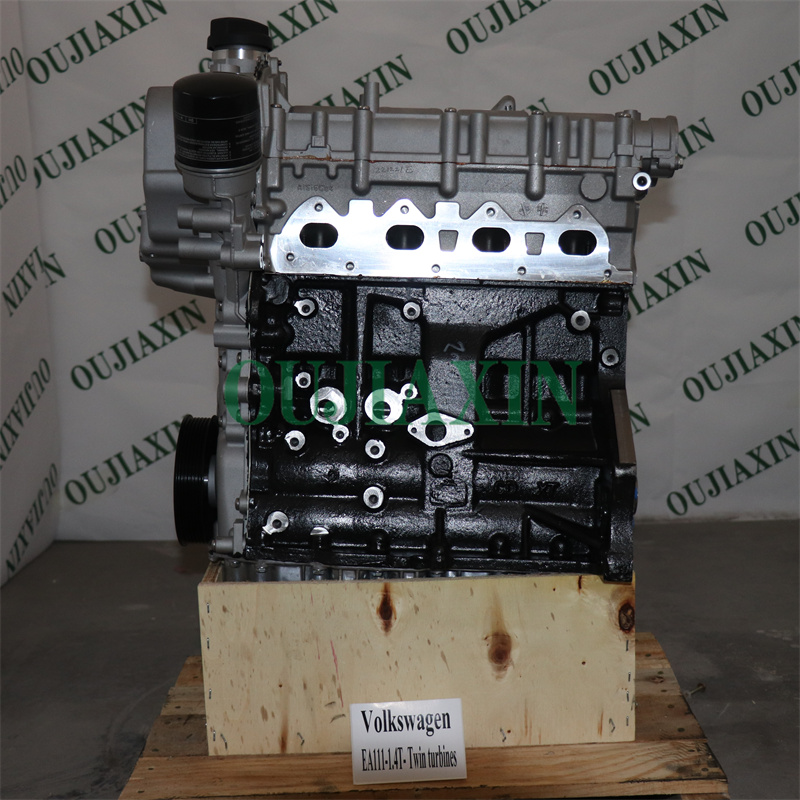Oil Seal: The Quiet Guardian of Modern Machinery
Behind every spinning engine and every quiet pump there lives a small, unassuming hero: the oil seal. It is the silent guardian that guards your equipment against leaks, dust, and the corrosive battles waged by heat and pressure. When properly chosen and installed, an oil seal does more than stop oil from dripping; it sustains performance, protects bearings from wear, and unlocks the reliability your customers expect.

In today’s high-speed, high-demand industrial world, a single compromised seal can cascade into costly downtime, contaminated lubricants, and unpredictable shutdowns. Oil seals must endure a relentless combination of heat, chemical exposure, abrasive particles, and shaft movement. The right seal—matched to temperature, chemical compatibility, pressure, and speed—acts like a shield, absorbing shocks and sealing with precision mile after mile.
Material science is the quiet heart of this technology. Nitrile (NBR) seals handle oils at moderate temperatures. Fluoroelastomer (FKM or Viton) seals stand firm where solvents or high heat threaten weaker elastomers. Silicone seals offer temperature resilience; PTFE-enhanced designs reduce friction and extend life. Lip geometry, from single to multi-lip arrangements, and auxiliary features like garter springs, dust lips, or labyrinth channels, tailor the seal to your application.
A great oil seal is a partner, not a replaceable part. It fits the shaft with a carefully finished surface and a tolerance that balances grip and freedom of movement. It resists blow-out under pressure, yet remains easy to install when maintenance arrives. And yes, the most affordable seal is the one that avoids unplanned downtime—the kind of cost that hides in maintenance logs and energy bills until it finally becomes obvious.
In practice, selecting an oil seal is a conversation between material science, mechanical design, and field experience. For automotive transmissions that endure miles of road and temperature swings, or for mixers and pumps that churn 24/7 in chemical plants, the seal must be as dependable as the machine itself. Innovative designs—double-lip seals, face seals with reinforced backing, and seals integrated with shaft coatings—push efficiency higher and maintenance lower.
Commit to quality, invest in the right seal, and your equipment rewards you with smooth operation, longer service intervals, and cleaner environments. The oil seal may be small, but in the language of engineering, it speaks volumes about reliability, efficiency, and trust.
As a reliable supplier and partner, Oujia focuses on various engine partsengine parts, especially on gasoline engine parts and on diesel parts for passenger cars. Oujia not only provides high and stable quality and excellent services to our customers, but also provides long-term self- brand creation and OEM services for our overseas customers.